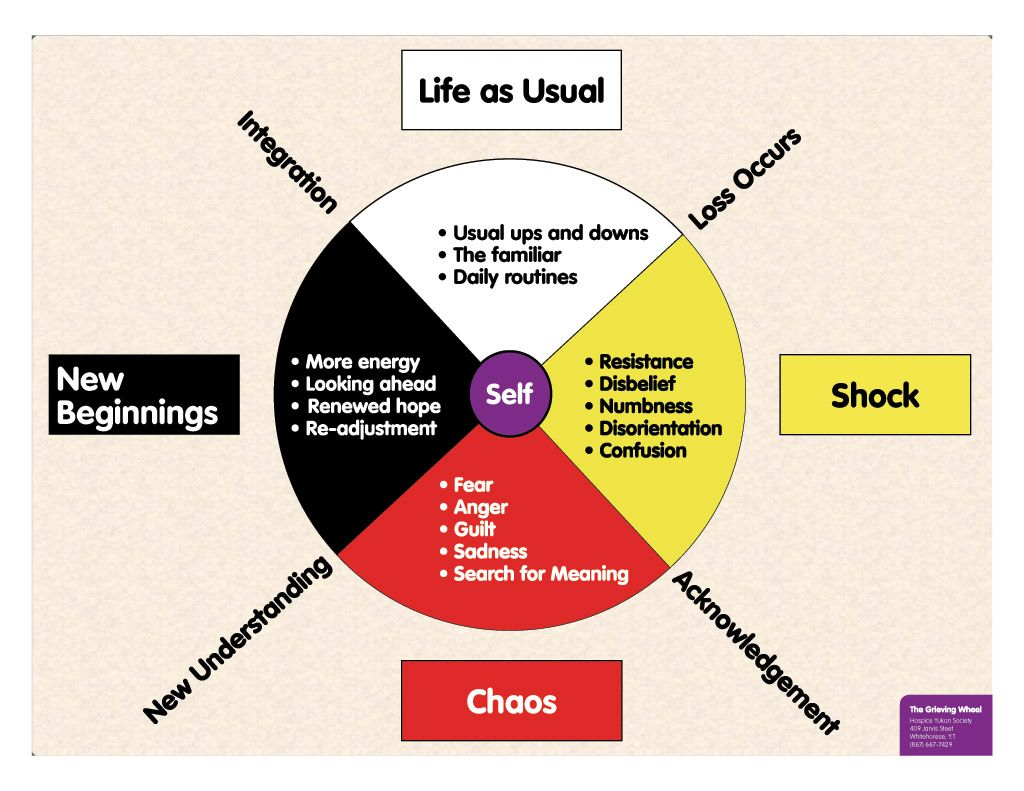Message from Health Canada’s Employee Assistance Program: Indian Residential Schools Tragedy

We grieve for lost Indigenous children, survivors and their families, as well as the many First Nations, Métis and Inuit people who continue to live with the intergenerational trauma of the residential school system. We are a country in mourning.
Each confirmation of unmarked graves may increase or validate reactions such as grief, loss, anger, confusion or hopelessness. We are forced to face the truth about a horrific past, which may also lead to self-questioning or loss of identity. We must learn to process these reactions, and turn them into positive actions for a more respectful and inclusive community.
These are emotional and difficult times, no more so than for our First Nations, Métis and Inuit colleagues and their family members. It may trigger traumatic memories from the past, and bring those who attended residential schools to share more truths.
Indigenous Peoples often refer to the Grief Wheel[1] to better understand the journey of grief, which is based on the circular design of the First Nations’ Medicine Wheel. Each grieving experience is unique. The Grief Wheel helps us reflect upon responses to loss as recurring cycles in our life.

Long Description
Circle divided into four quarters, with the "self" at the center. First segment: Life as usual, includes regular ups and downs, the familiar and daily routines. Loss occurs Second segment: Shock, which includes resistance, disbelief, numbness, disorientation and confusion. Brings acknowledgement Third segment: Chaos, which includes fear, anger, guilt, sadness, search for meaning. New understanding Fourth segment: New beginnings, includes more energy, looking ahead, renewed hope and readjustment. Integration The circle is then complete.
When loss occurs, it may bring a sense of shock. We feel disbelief, numbness and confusion. We then acknowledge the loss, which may bring conflicting and chaotic emotions. We may feel anger, guilt or sadness. Only then can we eventually gain a sense of understanding. We re-adjust, look ahead and begin to have hope and look to new beginning. Finally, we integrate these learnings and return to life as usual. As we cycle through the wheel, we may move back and forth between the phases, at times spending more time in one area or another. It is important to recognize and accept all our feelings without judgement on this healing journey.
Support for one another
As more findings are reported and details surface, we must be sensitive to the impact of this continued news, and consider how to support each other. If you have a colleague who may be impacted or struggling, reach out and ask them how they are doing.
We encourage anyone who may be experiencing difficult emotions to contact the Employee Assistance Program for support at 1-800-268-7708. There are also resources available through the Hope for Wellness, and through a National Residential School Crisis Line for former residential school students at 1-866-925-4419. More information is available on the Indigenous Services Canada website.